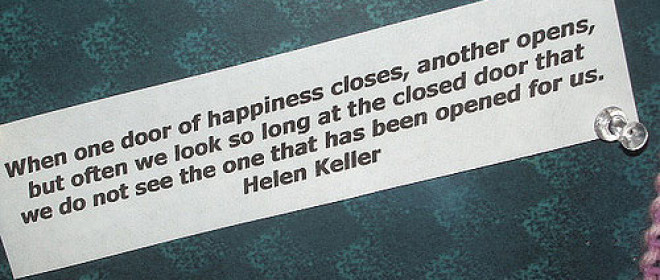Jumpstarting Learning for Children in Poverty
Today, 51 percent of all students in U.S. public schools are poor. Our public education system is designed to help students achieve a year of academic growth in a school year. For economically disadvantaged children, that’s a problem.
Read More »








